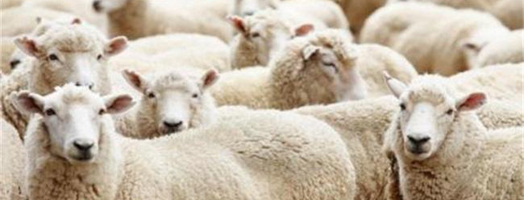
- Online pavilions:
- Veterinary medicines
- Veterinary raw materials
- Other
- Asia
- America
- medical instruments

News briefing: In daily life, sheep's cough, runny nose and sneeze are also divided into many cases. Friends around him have sheep specially raised, and ask him to test them through the following methods.
tags : sheep coughing sneezing sheep cough runny nose sheep coughing and snotty nose
In daily life, sheep's cough, runny nose and sneeze are also divided into many cases. Friends around him have sheep specially raised, and ask him to test them through the following methods.
In the evening, feed warm water to the sheep, if it is a parasite, medication. First use three-day treatment of respiratory tract infections drugs, penicillin, streptomycin, with licorice mixture twice a day, three days later if no effect, immediately repel insects, albendazole, levamisole, seven days later in the second drive, the latter suspected of lung nematodes, eat and drink normal words do not recommend injections.
Pneumonia or respiratory tract inflammation is mainly caused by cold, physical or chemical stimulation, reduced body resistance, and by the invasions of conditioned pathogens such as Pasteurella, Streptococcus, Actinomyces pyogenes, Necrobacterium necrosis, Pseudomonas aeruginosa, Staphylococcus, etc. Pneumofilaria, Ascaris lumbricoides, Sheep nosebella can also cause sheep inflammation. Coughing. In addition, patients with foot-and-mouth disease, actinomycosis, lamb diarrhea, sheep pox, traumatic rib fracture, traumatic pericarditis and other occasional cough symptoms.
The voice of cough is dry and short, common in larynx and trachea with foreign bodies, chronic bronchitis, pleurisy and tuberculosis; cough is wet and long, common in laryngopharyngitis, bronchitis and bronchopneumonia; cough is short and weak, with pain manifestations, common in acute laryngitis, laryngeal edema and pleurisy; single cough, common in laryngitis, pleurisy, etc. Cold, chronic bronchitis and tuberculosis; continuous cough, common in acute laryngitis, bronchitis and bronchopneumonia.
3. carry out epidemic prevention according to procedures and regularly expel worms. When the coughs tended to increase, doxycycline or Mycoplasma should be added to the feed.